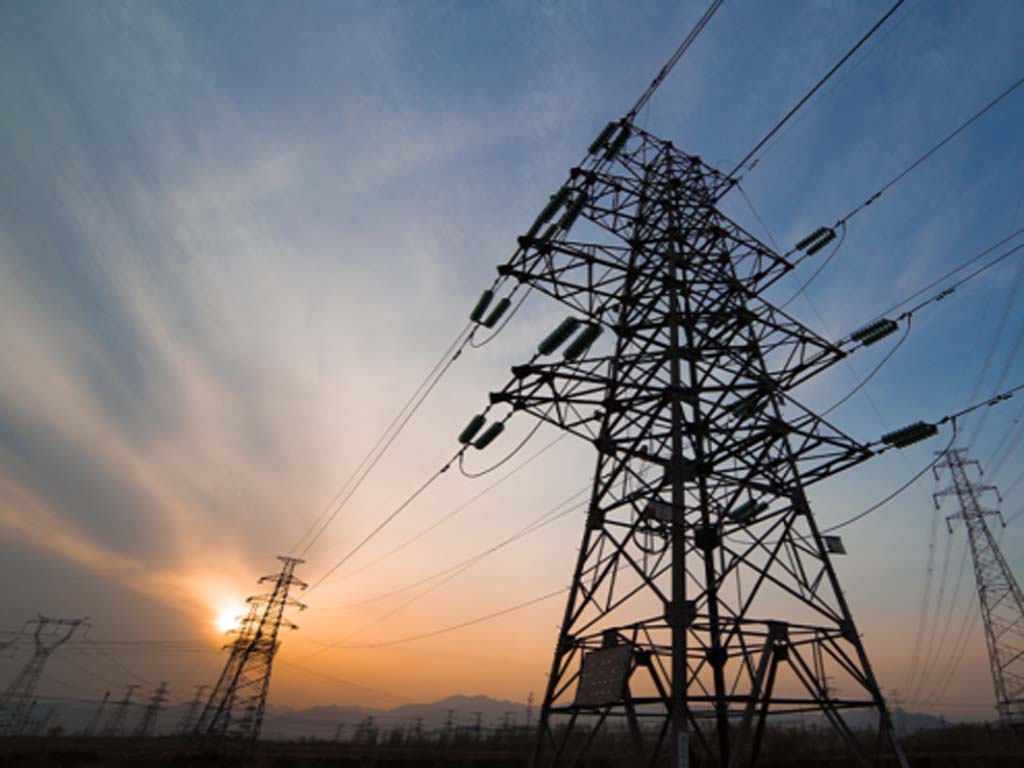Days off were originally planned for the Days of the Dead and the Independence of the city of Cuenca, but the administration of President Daniel Noboa enlarged the holidays by adding one more non-working day.
Such a decision by the presidency aimed at strengthening tourism, one of the sectors most affected by power cuts.
The president of the National Federation of Provincial Chambers of Tourism of Ecuador, Holbach Muñeton, indicated that hotels “have at least one power generator,” although this also represents an additional cost for maintenance.
So as to minimize the impact on citizens lives during the holidays and after the Coca Codo Sinclair hydroelectric plant recovered it usual river flow, the Ministry of Energy and Mines decided to reduce blackouts to six or eight hours per day.
In addition, the Ecuadorian president, Daniel Noboa, decreed the reduction of electricity tariffs, from November to February 2025, for households consuming up to 180 kilowatts, as compensation for service interruptions.
The president went to Colombia this week and met with his counterpart, Gustavo Petro, in search of cooperation on energy issues. They agreed to meet soon in the Galapagos Islands.
Petro, however, reiterated his position of not resuming the sale of energy to the neighboring country, as Colombia also foresees a decline in the level of its reservoirs.
The Ecuadorian minister in charge of the Energy and Mines portfolio, Inés Manzano, announced that they will seek to buy electricity from private Colombian companies.
Despite the measures adopted, hundreds of people marched in Quito on Thursday in protest against the blackouts, economic problems and the security crisis.
One of the slogans they chanted more often was “Noboa out, out,” blaming him for not adopting timely measures to avoid power outages, despite the previous warnings of extreme drought in the country.
ied/rgh/avr










